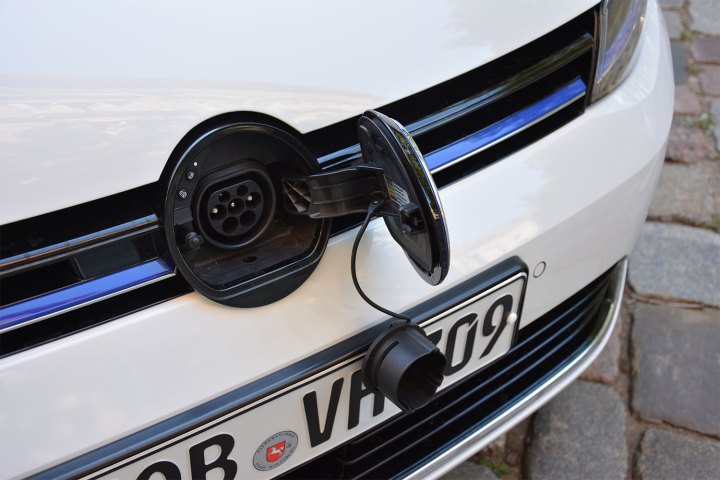
BMW, Mercedes-Benz parent company Daimler, Ford, and Volkswagen’s Audi and Porsche brands all have a stake in the new joint venture. Starting essentially from scratch, their initial goal is to build 400 charging stations in Europe in order to speed up the widespread adoption of electric vehicles. The alarming lack of infrastructure is often cited as a reason why electric vehicles are having a difficult time gaining ground on the other side of the pond.
On paper, the project is similar to Tesla’s network of Supercharger stations. Audi explains that the joint venture aims to make the process of charging an electric car as convenient as topping up the tank of a conventional, gasoline- or diesel-powered car. The stations will be capable of delivering power levels of up to 350 kilowatts.
Currently, there isn’t a single mass-produced car on the market capable of charging at 350 kilowatts. Tesla’s Supercharger stations deliver up to 120 kilowatts, according to the company’s website. However, automakers are confident that upcoming advances in battery technology will make ultra-quick, 350-kilowatt charging a reality.
“This high-power charging network provides motorists with another strong argument to move toward electric mobility. The joint project is another major milestone clearly demonstrating that competitors are combining forces to ramp-up emobility,” affirmed BMW boss Harald Krüger.
Construction will begin next year, and the 400 charging sites will be operational by 2020. Executives hope the network will ultimately include thousands of stations. When it’s completed, the network will allow EV owners to drive long distances across the Old Continent without having to worry about running out of juice. Whether topping up a battery pack will be free — as Supercharging a Tesla has been — or will involve charging users remains to be seen.
The joint venture’s four founding partners stress that they’re strongly encouraging other automakers to participate in the project. The network could interest Paris-based Renault, which already sells an affordable, long-range electric vehicle, and Volvo, which plans on putting a million electric cars on the road by the year 2025.




